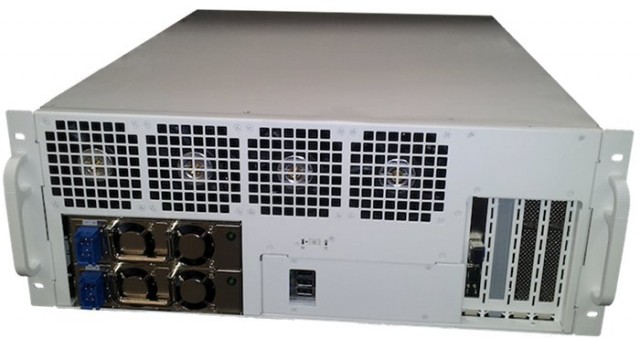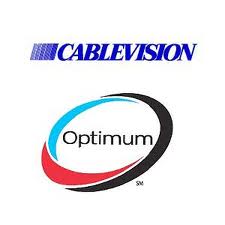
Press “1” to talk to James Dolan, CEO of Cablevision.
Cablevision has filed a lawsuit against the Communications Workers of America District 1 and its Local 1109, which represents area workers, in Nassau County Supreme Court.
The cable operator is accusing the union of launching harassing robocalls which have given customers the chance to pester CEO and president James Dolan.
At least 20,000 robocalls were made to Cablevision subscribers in three days, from Jan. 31 – Feb. 2 which the cable company alleges were designed to cost the company money and its reputation.
If customers pressed “1” during the call, they were automatically forwarded to a Cablevision call center to complain about recent rate increases and recent job losses at the company. On Feb. 3, Cablevision alleges the robocall campaign was adjusted. Now if customers press “1” during the call, they are directly connected to the phone sitting on Dolan’s desk. In just two days, Cablevision alleges Dolan’s line received 1,193 calls.
The following day, the union was also accused of sharing Dolan’s direct number on social media websites.
“The union will no doubt claim that their telephone harassment scheme is designed to allow customers to communicate substantive messages to the CEO, but such an argument cannot sustain the slightest scrutiny,” reads the complaint. “The unions knows full well that no Fortune 500 CEO can possibly handle a concentrated barrage of one-on-one phone calls with subscribers and others, and that companies like Cablevision have designated and publicly known call centers established precisely to handle such calls in an orderly, responsive manner – including mechanisms for escalating certain such calls to the CEO, if necessary.”
The CWA and Cablevision have fought over an effort to unionize cable company workers in Brooklyn, N.Y.
A year ago, Cablevision workers in Brooklyn voted to form a union, but Cablevision/Optimum management has allegedly stonewalled the unionization effort.
On Jan. 30, about two dozen workers sought to speak with Cablevision management under the company’s “open door” policy, specifically about the lack of progress in completing a contract. Cablevision terminated the 22 employees on the spot, deeming them “permanently replaced.”
Cablevision’s suit requests court costs and an injunction ordering the union not to harass it, aid or abet harassment, or falsely and deceptively display any Cablevision phone number on robocalls.
[flv width=”640″ height=”380″]http://www.phillipdampier.com/video/CWA Fired Cablevision Workers 2-2013.flv[/flv]
The Communications Workers of America produced this video highlighting what they consider the unfair termination of 22 workers after seeking an “open door” meeting with Cablevision management. (2 minutes)


 Subscribe
Subscribe



